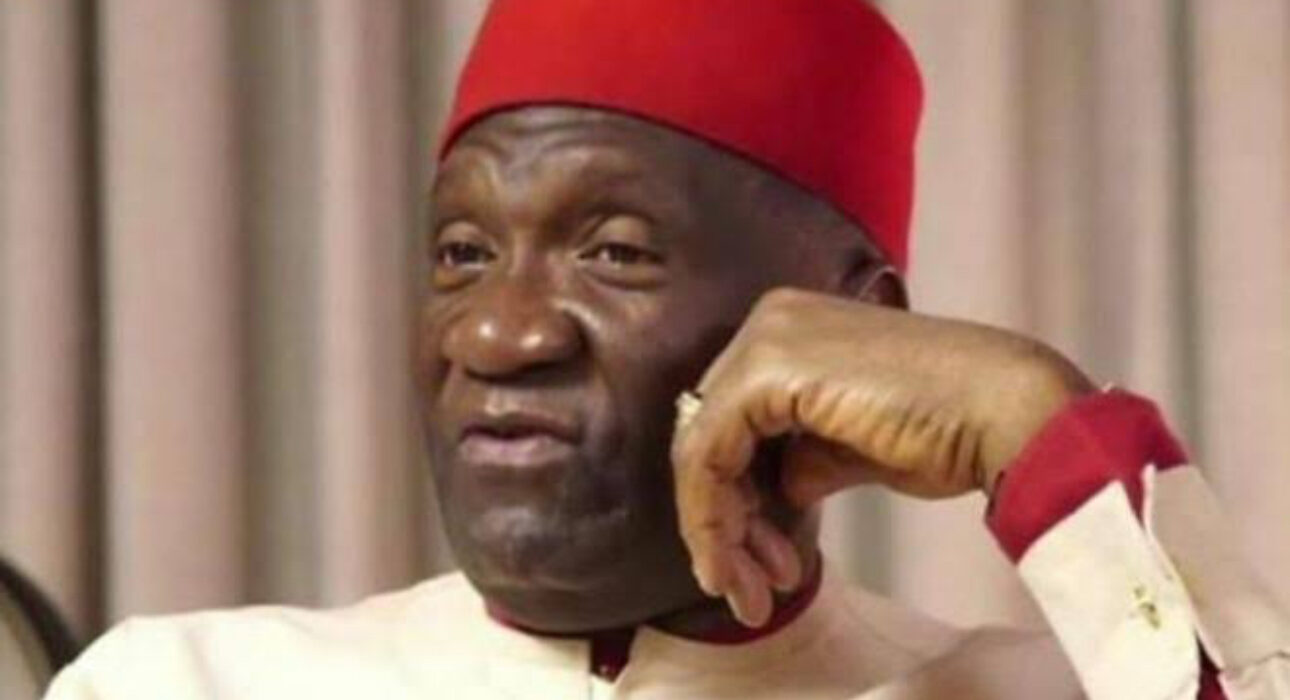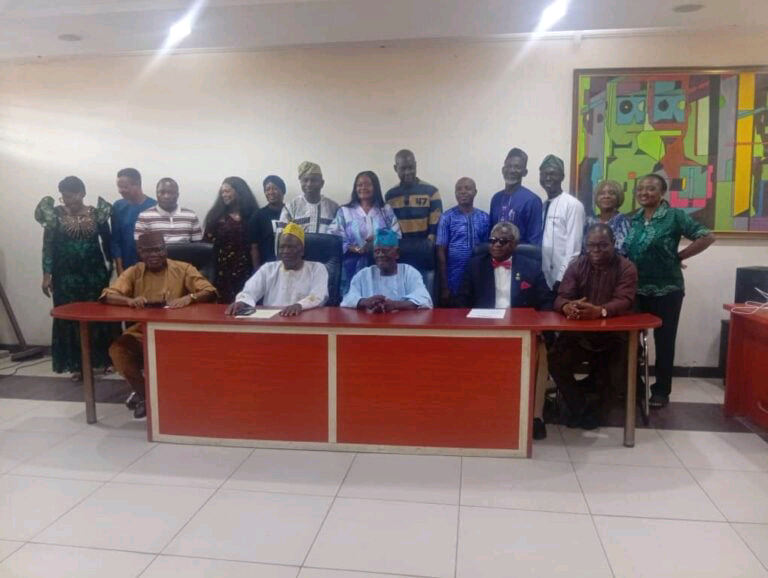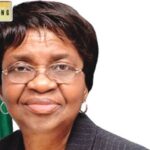Nigeria Risks Disintegration Before 2027 Without Urgent Restructuring, Warns Nwodo

Former Minister of Information and past President-General of Ohanaeze Ndigbo, Chief John Nnia Nwodo, has warned that Nigeria may face a potential breakup before the 2027 general elections unless urgent steps were taken to restructure the country.
Speaking during a public event, Nwodo declared that the present structure of governance is unsustainable and continues to fuel regional grievances, economic instability, and national discontent.
According to the elder statesman, Nigeria’s current system, which he described as a “unitary constitution masquerading as federalism,” is ill-suited for a country with the complexity and diversity of Nigeria.
He emphasized that unless there is a return to true federalism—where regions have greater control over their resources, domestic security, education, and agriculture—the country could slide into deeper crisis.
Nwodo pointed out that the call for restructuring is not merely political rhetoric, but a demand borne out of decades of systemic imbalance, inequality, and centralization of power. He argued that fiscal federalism, resource control, and political devolution are fundamental to achieving peace, stability, and meaningful development.
Without these, he warned, various parts of the country might begin to take steps towards self-determination.
“The situation has become so dire that we must now tell ourselves the hard truths,” Nwodo said. “If we do not restructure this country before the 2027 elections, there may not even be a country left to vote in. We risk election boycotts, mass rejection of results, and a legitimacy crisis that could further unravel Nigeria.”
Beyond the political implications, Nwodo also highlighted worsening socioeconomic indicators as proof that the country is on a dangerous path.
He cited Nigeria’s life expectancy, now at just 54.8 years—the lowest in the world—as a symptom of systemic decay.
He further noted the alarming rise in youth unemployment, deepening poverty, and the loss of over $1 billion annually due to poor road infrastructure as signs of governance failure.
He maintained that these conditions have made Nigeria “a hostile environment for its own citizens,” and stressed that continued centralization has failed to resolve the country’s economic or security challenges. Rather than bringing unity, the current system has intensified feelings of marginalization and exclusion among various groups.
Nwodo’s remarks come at a time when conversations about national unity, federalism, and the structure of the Nigerian state are gaining renewed momentum. Regional leaders, civil society groups, and political observers continue to debate whether the country’s survival depends on its ability to restructure or risk fragmentation driven by festering grievances and ethnic mistrust.
As the 2027 elections draw closer, Nwodo’s warning adds a critical voice to growing concerns that Nigeria’s political stability hinges on foundational reform.
Without it, he insists, the consequences could be catastrophic—not just for governance, but for the very existence of the Nigerian federation.









